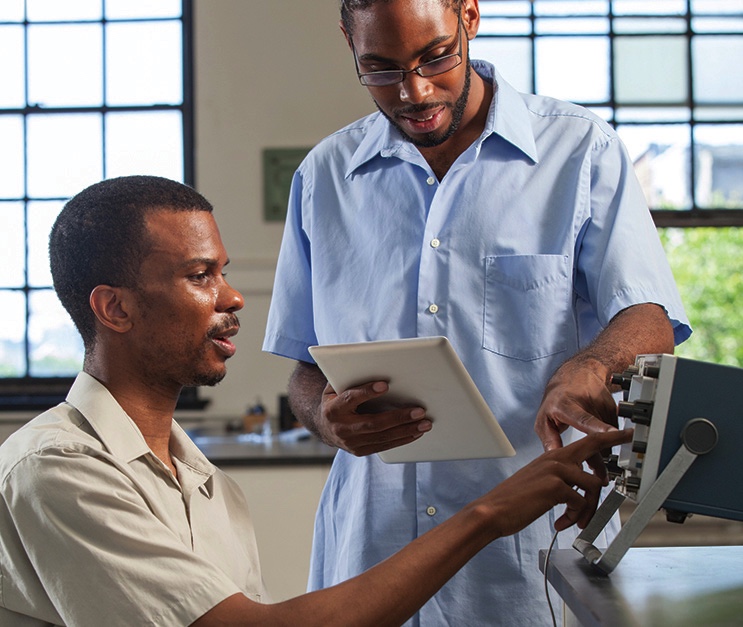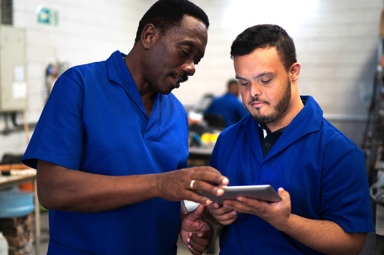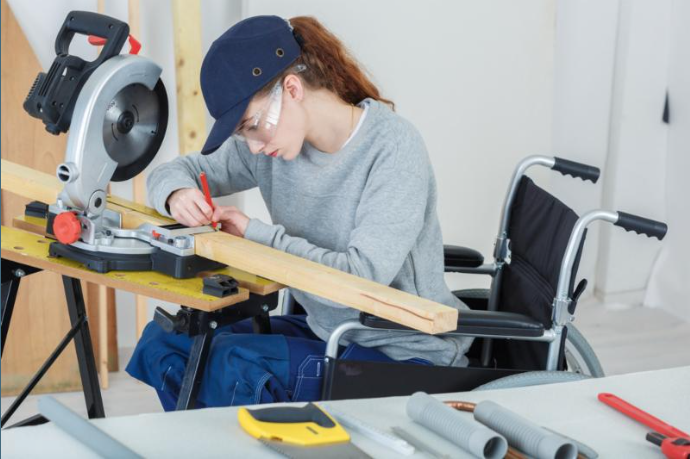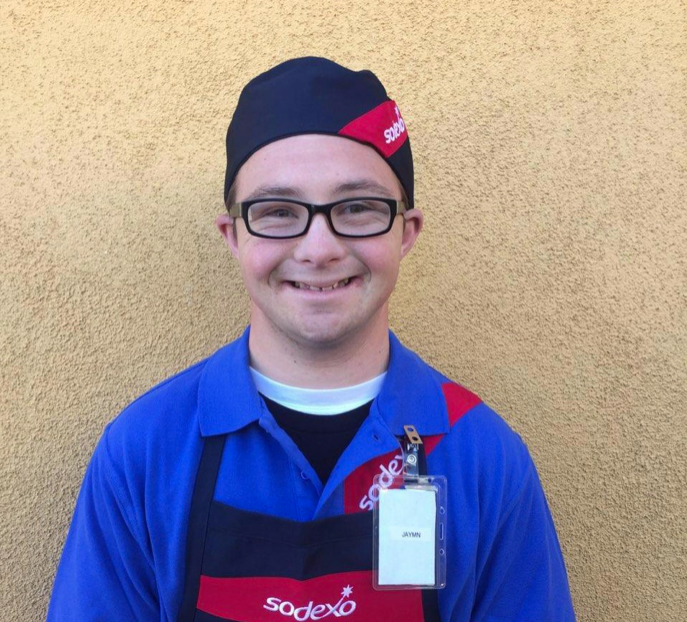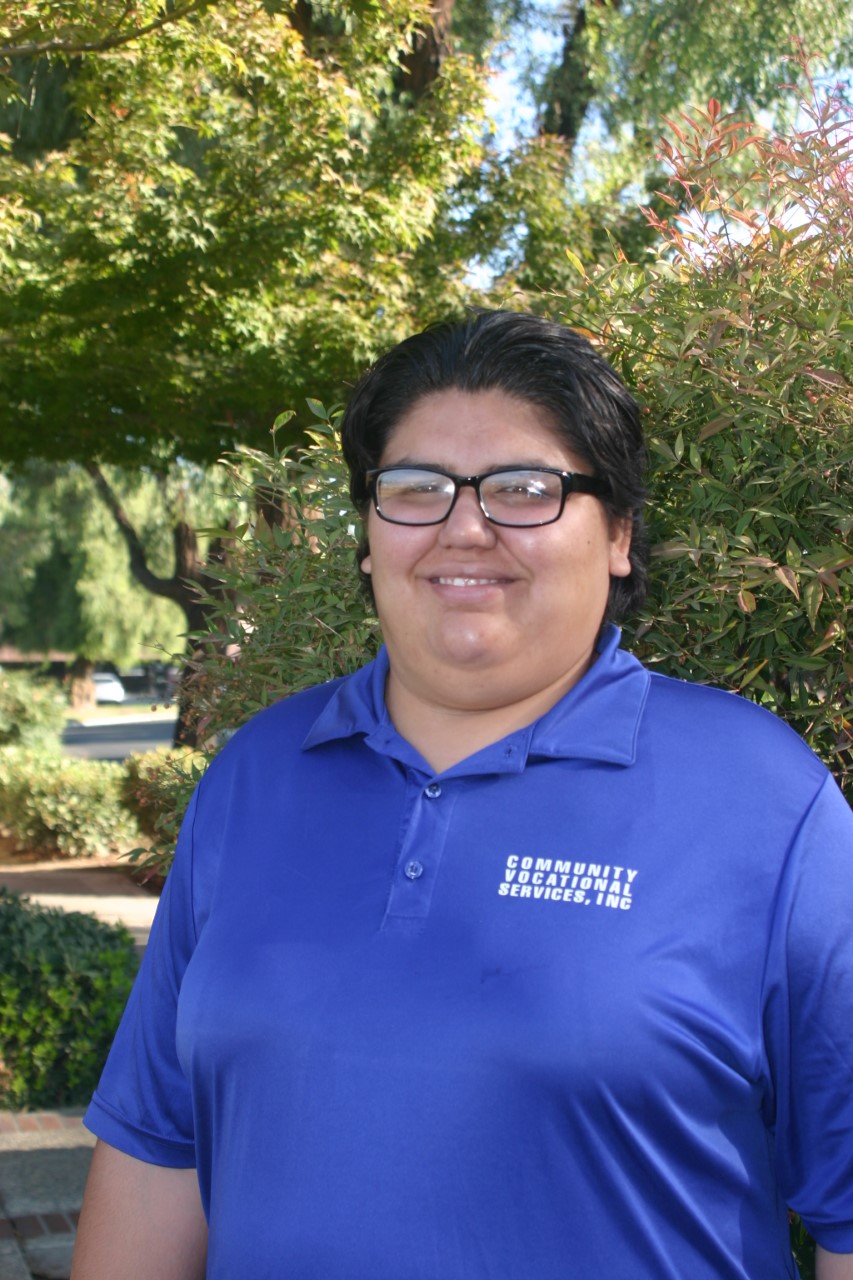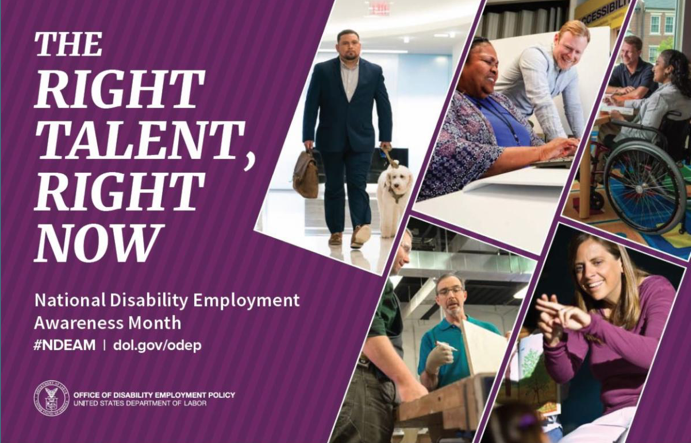In light of National Disability Employment Awareness Month, we would like to share Angelica’s journey with you and celebrate her for being nominated for her accomplishments. As you will see she has worked hard and is very proud of herself. She attends Community Vocational Services Inc. which is a Person-Centered program in Fresno, Ca. Her support team says “We are so proud to showcase our shining star Angelica she has excelled and accomplished many achievements in our program and we will continue to cheer her on as we do all consumers we serve.”
Angelica was born and raised in Fresno County by her adopted parents, along with 3 brothers and 2 sisters. She attended Central High School and graduated from Bullard High School. Angelica says, “I am most proud of myself for graduating from Bullard.”
When Angelica arrived at CVS Inc. she was right out of high school; she was struggling with depression, anxiety, personal boundaries, low self-esteem and repetitive trips to the PAC Unit. Each day was different, the highs and lows affected Angelica’s ability to focus, gain trust, affected her listening skills, attention to detail, developing and maintaining friendships as well as growing to be a capable independent adult.
Despite many obstacles and a long road ahead of her, Angelica made the decision to work hard to gain the skills necessary to grow emotionally, vocationally and physically. With a great support team and plan in place Angelica has excelled in so many areas, she communicates her needs appropriately, is more independent, and she has become confident. She is an intelligent, quick witted and fun person to be around with a great sense of humor.
Vocationally she continues to grow; Angelica has worked on her focus, attention to detail, listening skills and follow through. She has a strong work ethic and enjoys being helpful with peers as they ask or need it. Angelica currently works in janitorial settings, retail stockroom, office and house cleaning and Grocery Outlet where she has learned to stock shelves, scan prices, change prices as directed, stock and rotate frozen foods as well as produce. She has shown her ability as a role model and mentor with her job skills and ethics.
Angelica has recently started the Community Integrated Employment (CIE) program at Community Vocational Services Inc. Her case manager and trainer Justin stated “I have seen Angelica’s growth and development in the CIE program. Angelica has chosen to be a part of CIE, which will allow her to achieve the skills necessary in the career of her choice. Through CIE, we have administered several different assessments to see where Angelica is with her current skills. She is looking forward to building those skills and moving past barriers as needed. Her end goal for the CIE program is to obtain employment in childcare, specifically working with infants. Angelica has expressed that she enjoys learning new things about childcare and is excited for her future in this field. We are excited to see Angelica’s progress in her journey to her career choice and we feel she will be a great role model and mentor for what Community Integrated Employment represents to the I/DD population.”
When Angelica was notified of her nomination from CVS for her accomplishments and growth, she was very excited and proud. When asked about her bio, she wanted to include everything that held her back; she said “no matter what mental health stuff you have, you can still work hard and achieve your goals.
There is no doubt Angelica will continue this path of healing and growing into a well-adjusted, happy independent woman with the job of her dreams. Keep reaching for the stars Angelica, we are very proud of all the accomplishments you have worked hard to achieve and maintain.

